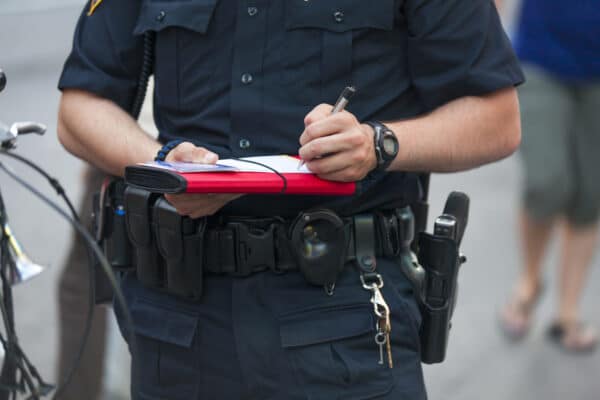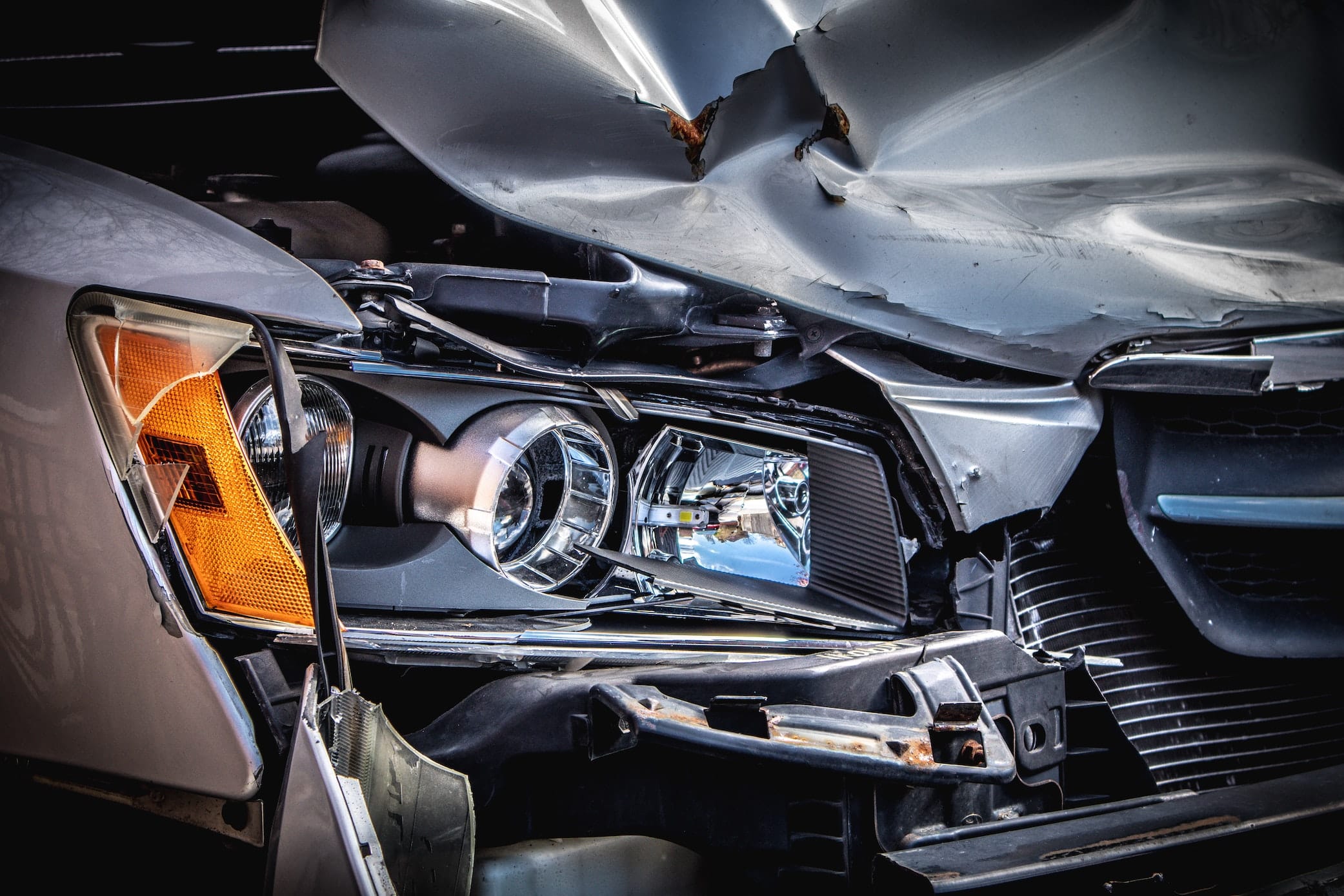When it comes to resolving car accident cases, accurate and comprehensive information is paramount. Police reports serve as a cornerstone in these cases, providing an official record of the accident and critical details that can significantly influence the outcome. In this blog post, we’ll delve into the vital role that police reports play in car accident cases, shedding light on their significance and impact on legal proceedings.
Documenting the Incident
Police reports serve as an unbiased account of the accident. When law enforcement arrives at the scene, they gather essential information, such as the location, date, time, weather conditions, and descriptions of the vehicles involved. This documentation establishes a factual foundation for the case.
Determining Fault
One of the primary functions of a police report is to help determine fault in the accident. Officers assess the evidence, speak to witnesses, and analyze the physical evidence at the scene. This thorough evaluation contributes to an objective determination of which party was responsible for the collision.
Contributing to Insurance Claims
Insurance companies heavily rely on police reports to evaluate claims. These reports provide a comprehensive overview of the accident, including information about injuries, damages, and potential liabilities. The details within the report can aid insurance adjusters in assessing the extent of coverage and compensation to be provided.
Preserving Witness Statements
Police officers often speak to witnesses who were present at the scene of the accident. These statements are invaluable, as they capture firsthand accounts from neutral parties. These statements can later be used in court or during negotiations to strengthen a victim’s case.
Collecting Driver and Vehicle Information
Police reports typically include driver and vehicle information, such as names, contact details, license numbers, and insurance information. This information is essential for establishing the identity of the involved parties and ensuring accurate communication throughout the legal process.
Recording Traffic Violations and Citations
If any traffic violations contributed to the accident, the police report will include information about these infractions. This documentation can influence the allocation of fault and subsequent legal actions, particularly if one party was breaking traffic laws at the time of the collision.
Preserving Evidence for Future Reference
Accident scenes are frequently cleared relatively quickly. The police report serves as a record of the scene’s condition and the placement of vehicles at the time of the accident. This information can become crucial if disputes about the accident’s details arise later.
Legal Proceedings and Court Cases
In the event that a car accident case goes to court, the police report can be submitted as evidence. The report’s unbiased account of the incident carries weight and can influence the judge’s or jury’s understanding of the case.
Police reports are more than just pieces of paper; they are essential tools that offer objective insights into the details of a car accident. From determining fault to aiding in insurance claims and court proceedings, these reports are integral to ensuring a fair and just resolution. If you’re involved in a car accident, cooperating with law enforcement officers and obtaining a copy of the police report can significantly strengthen your case, providing a solid foundation for your claims and legal actions.







